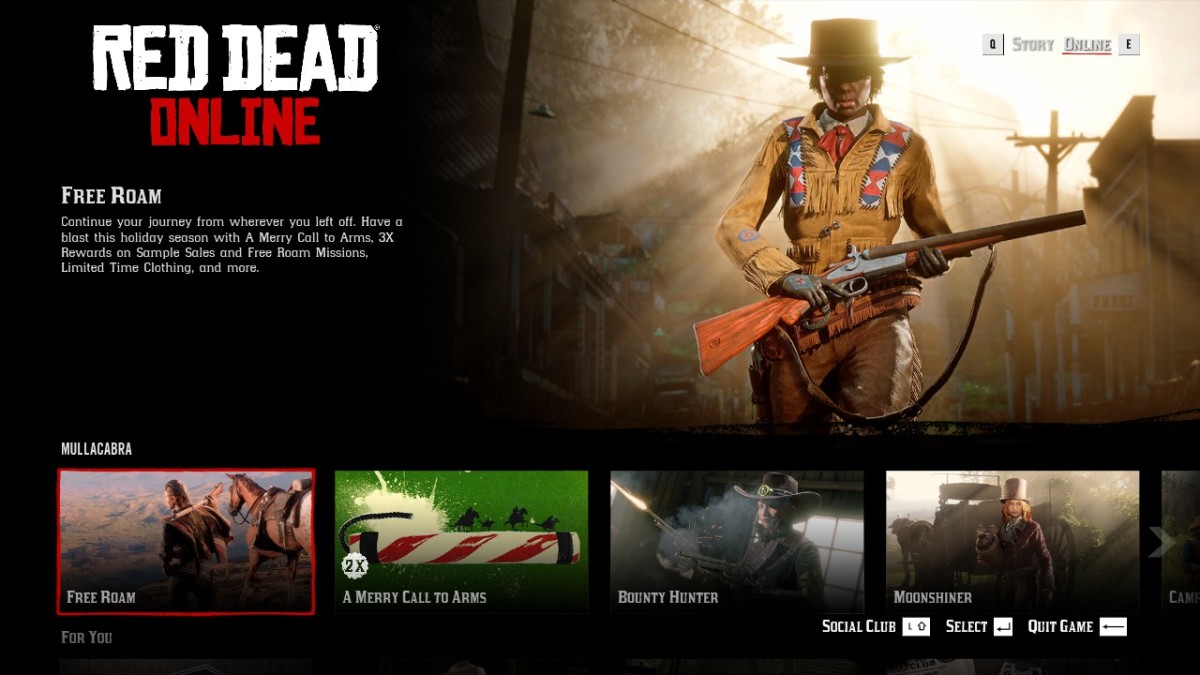Losing Touch With Friends Because They Become Addicts
Disappearances
In America, lists of "symptoms to watch for" are published by a number of agencies and organizations with the hope of catching drug abuse or similar afflictions in time to remedy before a user inadvertently commits suicide in an overdose.
We see the posters and Public Service Announcements so often that we may become tired of seeing them! We may think that neither we nor any of our family or friends will ever fall to that syndrome. However, such problems affect persons in all demographics. The symptom lists also apply to other addictions: food addiction, gaming addictions, gambling, spending problems, sex addicition, shoplifting, and several others.
Spending is a problem that can be pretty crafty in its operations, but then all addictions are insidious. They are entities unto themselves that do not want to be destroyed. Their powerless hosts do everything in their capabilities to protect the addictions until they decide to stand against them.
For example, I once knew a lively 20-something couple that changed within a year of marriage. They began to take out bank loans every Christmas season in order to purchase high-priced presents for everyone in their two extended families (most of these were wealthy) and for friends they thought were "rich". The problem did not reveal itself fully until friends noticed that the man and woman stopped communicating with in-town friends while still in their early thirties. Something was wrong.
Friends ran into this couple and noted that their clothing was ragged. The husband was laid off by the same family for whom he had bought expensive gifts at his wife's insistence and the wife refused to work. She took heavy doses of narcotics, slept most of the day, and was up all night on the computer. Friends learned that the couple had lost a dozen credit cards and four checking accounts to over-limit spending, were three months behind in their mortgage, their utilities were about to be cut off, but they had three Cable TV boxes and Internet hookups. Their lives had become filled with Cable TV series, online shopping, and for her, sex-related chat rooms. I don't know what ever became of them.
Habits and Obsessions
Another couple made it a habit to eat in restaurants three times a day, until both husband and wife were downsized. They sold possessions to pay their bills, until they secured additional employment. They withdrew from friendships and moved away to another area of the country - embarrassed perhaps.
Moving out of state without a forwarding address was used by another person a group of friends and I once knew. Although he had a tremendously high income from both work and inheritances/investments, he never paid any of his bills. He lost his house and car, the utilities were cut off, and he abandoned his property.
His habit was to spend large amounts of money on new friends, then to abruptly snub them for newer friends. Those people he met that rejected gifts and money upfront, he rejected right away. This was some sort of "power over" others through a cycle of luring in and rejecting. He lost all his friends before he moved and one day he was just gone, his attorney managing his affairs and refusing to provide a forwarding address.
Gone...

Age Not a Factor
The range of age among my friends is from under 30 to 75 and I must say that staying in touch is more difficult with the older ones. This is true for both those that live in town and those that live out-of-state. The reason for much of this loss of touch is 1) online computer games and 2) chat rooms.
Men and women I know spend 14 to 18 hours per day, seven days a week, in online games and chat rooms. Online games are the largest culprit and who knows what would have been the result of the Internet had become popular in the 1960s and these folks had 50 years of it?
SecondLife creates a whole alternate world for a person's existence and relationships; and Runescape traps some players into accumulating "things" (hoarders) and completing mission after mission to accumulate scores and powers. I briefly was acquainted with a 70-year-old man that left his wife and moved into a one-room apartment in order to participate in SecondLife a greater number of hours each day. FaceBook games can present similar traps that use up the day and half the night.
While I have an imagination, I apply it to reality and so, enjoy science fiction rather than fantasy. I can concentrate for 8 hours on a research project, but on a fantasy game - no. However, many of these games are fantasy-based and can draw the imagination to such a extent that the players become engrossed and entranced. They lose interest in their friends, even those that live right next door
One of the freshman high school students dropped out of my martial arts classes afgter 6 weeks, becasue he was committed to a mental health institution. He had been playing an online computer game many hours each day for months and had become convinced that the game was the real world and visa versa.
After several months in treatment, he was released and his family moved to a rural area and eliminated the Internet in their home. But at the same time, his parents (age 40s) were deeply enmeshed in Renaissance Era life, much like an ongoing Live Action Role Playing Game (LARP), so this did not help their son. The family moved several times more and virtually disappeared.
Mental Health Disorders?
As much as I dislike mental health disorder labels, much of the behavior I mention above seems unhealthy.
I feel it also unfair to place a disorder label on a person's hobby. However, if one cannot leave an activity alone for a week, then I think it is a problem. Even working online can become more obsessive than before the Internet became popular and commonplace. Writers and online merchants think about "maintaining one's momentum" in online posting. Will they write enough? Do they post at the "right", most effective time of day? Do they feature enough products and blurbs?
Some IT-related jobs have become 24-hour-a-day on-call types of affairs as well. SmartPhones and iTouch-type devices make it convenient to check in with an employee, employer, or fellow gamer any time of day. Thus, some of what we might call obsessive may become the norm (average) within the next decade.
For example, the 19th-century Pony Express delivered mail at l-o-n-g intervals; today we have less-than-24-hour delivery of even "snailmail" and packages. In the 1940s - 1970s, women wrote to sweethearts in the US Army every day during WWII and Vietnam, and may have received an answer only every month or few months. Today, folks back home may expect texted messages hourly from some duty stations. Society changes, and so do mental illness titles and definitions.
Unnecessary Losses
The saddest losses of contact are unnecessary, in my opinion.
When friends refuse to answer the phone and tell you that they will communicate with you only on Facebook, SecondLife. or the Runescape messaging system, but you do not or cannot participate in any of these, then a tragic loss occurs.
When a friend moves across town from your neighborhood, but continues to work across the street from your home, you're a sahm (stay at home mom), and they refuse to stop by or call because they are in a hurry to get home to an Internet chat room, then they are probably not your friend, either - or they have a problem. Some individuals become very nasty if they cannot get to their chat room when they want to do so. This has happened to a few people I know.
Losing touch in the 21st Century may more often come to mean losing friends to electronicsrather than losing friends to a move across town or across the world. Instead of using the Internet and digital technologies for communications, some use it to create an insulated world for themselves. Some do not realize that they are doing so. In a few cases I have witnessed, an eviction notice or a death in the household were the events that changed the behaviors.
There must be easier ways to reconnect.
Humor Can Help











